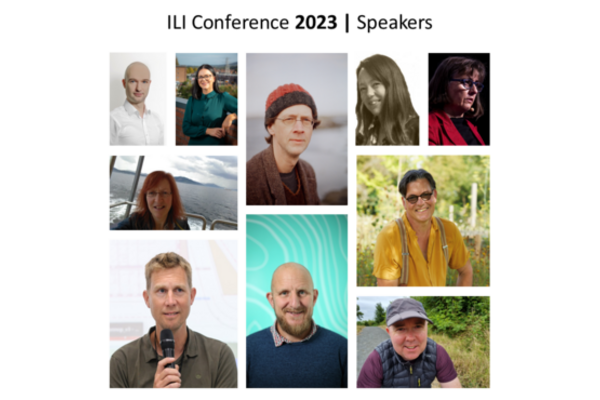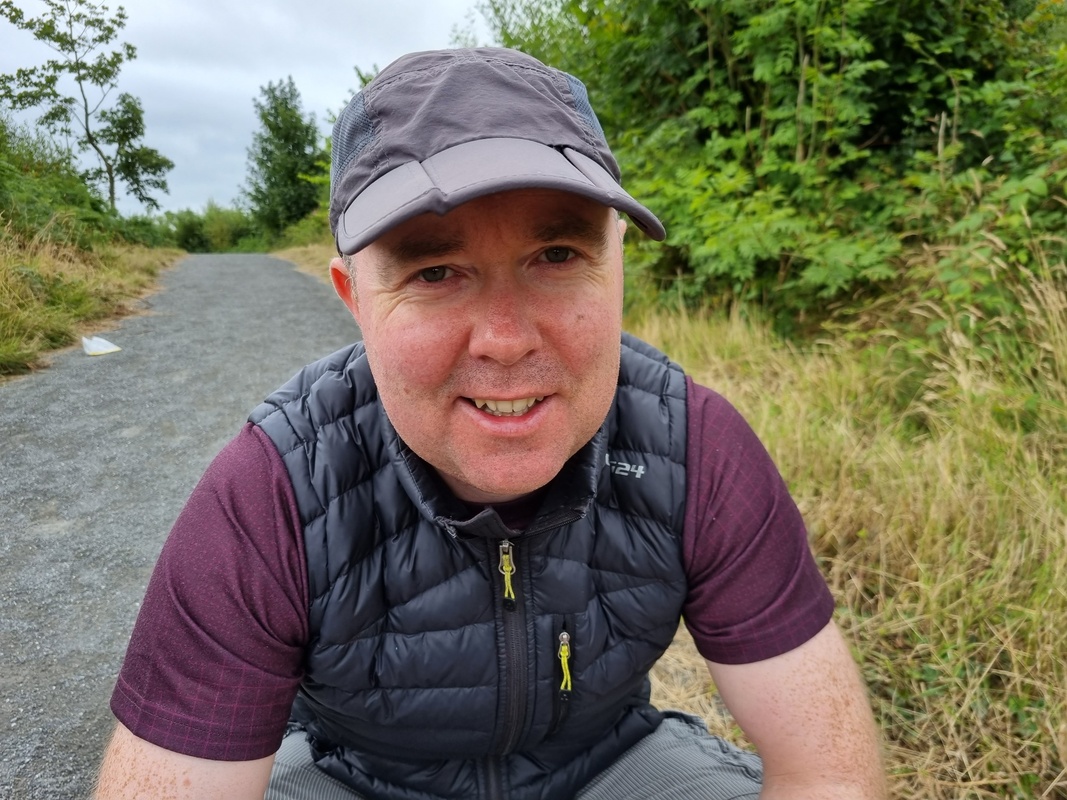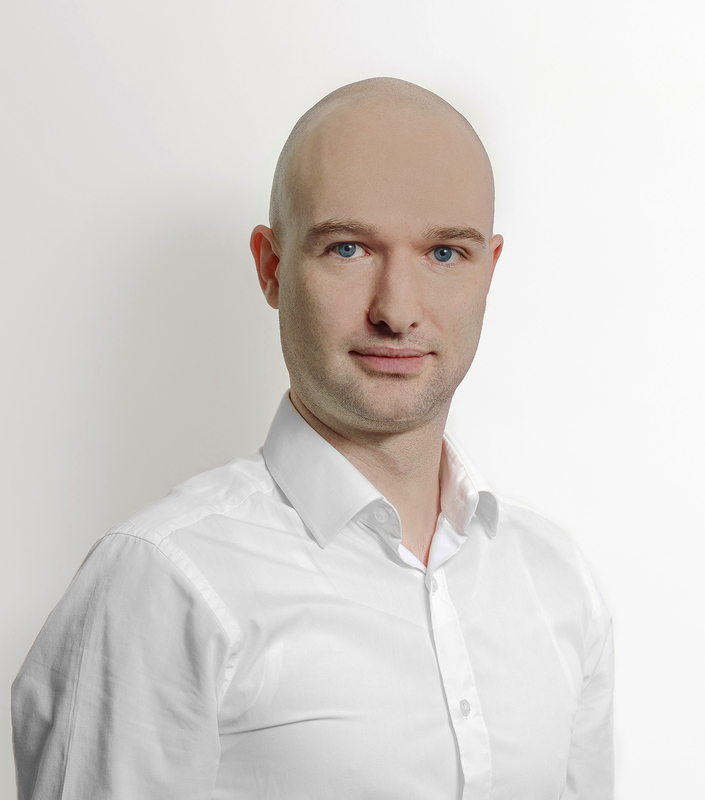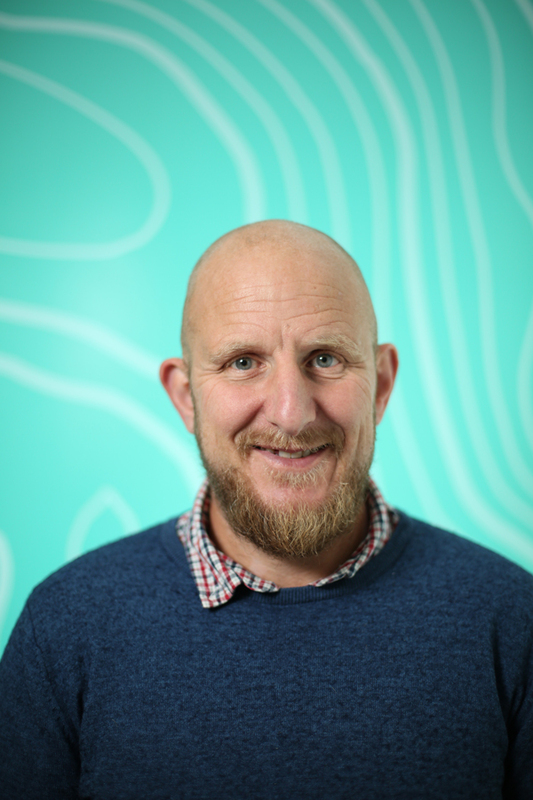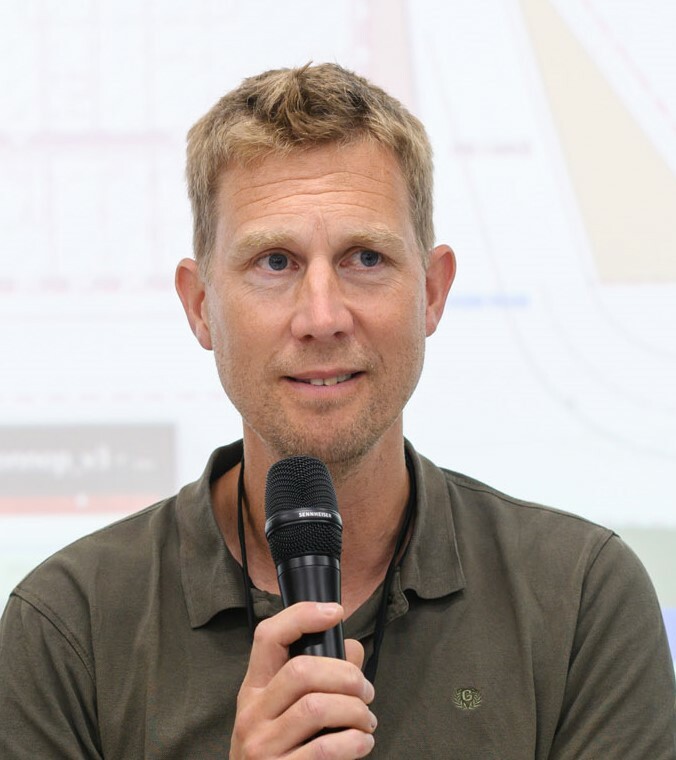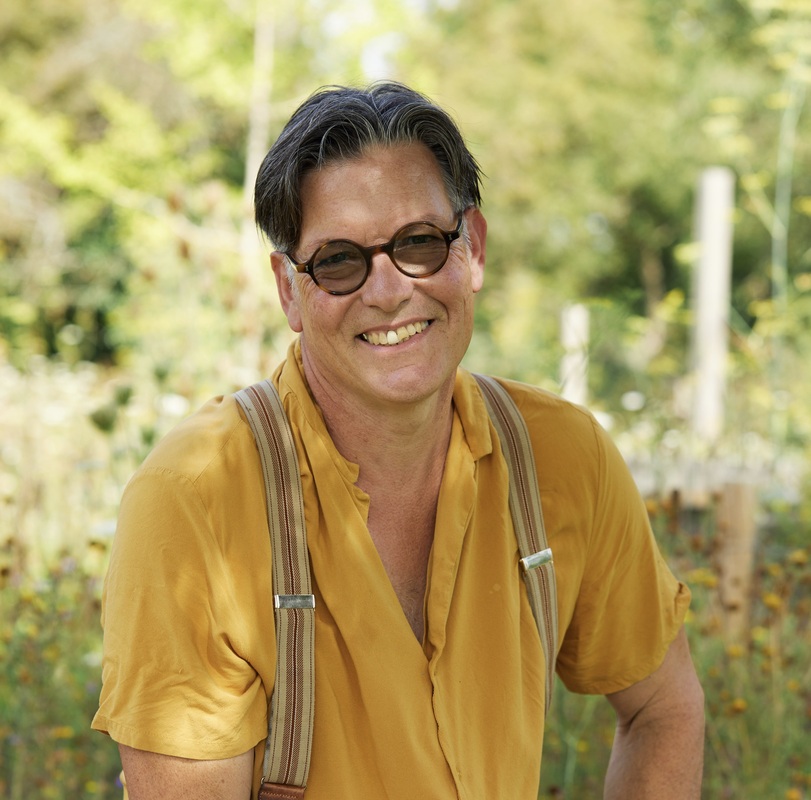Gillian Dick is the Manager of Spatial Planning – Research & Development team within the Development Plan Group at Glasgow City Council. She has a BSc (Hons) in Town Planning from Heriot-Watt University and BSc (Hons) in Human Geography from the Open University. She is a chartered member of the Royal Town Planning Institute and currently the Chair of the Partnership and Accreditation Panel. She is the RTPI nominate rep on the Technical University Dublin Partnership Board, where she is the Chair. She previously had a similar role with Queens University Belfast.
Gillian had a lead role for the Council within the Horizon 2020 Connecting Nature project, where Glasgow was one of the front runner cities. Gillian was also on the European practioner review panel for the IPCC 6 Climate Change report summary for practioners.
Gillian started her career in Banff & Buchan / Aberdeenshire before moving to Glasgow 18 years ago. She therefore has a broad breadth of experience working both very rural and highly urbanised areas. Gillian takes a place-based approach with a nature based solutions focus to hopefully create climate adaptive spaces and places. Her main focus is on:
- Place-based approach using nature-based solutions to create climate adaptive spaces and places
- Innovation in new policy such as subsurface, NBS, Net zero, climate benchmarking and adaptability
- Date driven decision making, impact assessment and monitoring using GIS as the key tool
- Adaptability, innovating and thinking outside the box
LinkedIn handle https://www.linkedin.com/in/gillian-dick-25720a57/
Manchán Magan has written books on his travels in Africa, India and South America. He writes occasionally for The Irish Times, and presents the Almanac of Ireland podcast for RTÉ. He has made dozens of documentaries on issues of world culture for TG4, RTÉ, & Travel Channel. His books include Thirty-Two Words For Field, Listen to the Land Speak, Tree Dogs, Banshee Fingers and Other Words For Nature, and Wolf-Men and Water Hounds. With Antic-Ham, he’s collaborated on two art books for Redfoxpress.
On Instagram, Twitter and Facebook go to @manchanmagan
© photo by Mark Logan
Anthony McGuigan is a Chartered Landscape Architect and Director at The Paul Hogarth Company. His work across Ireland and the UK is deeply rooted in his love of nature, his interest in communities and sense of place.
Anthony has applied his landscape based approach to many local and international projects such as The Wild Atlantic Way, Rossmore Forest Park and Donegal Quay connecting people, place and nature in these varying contexts.
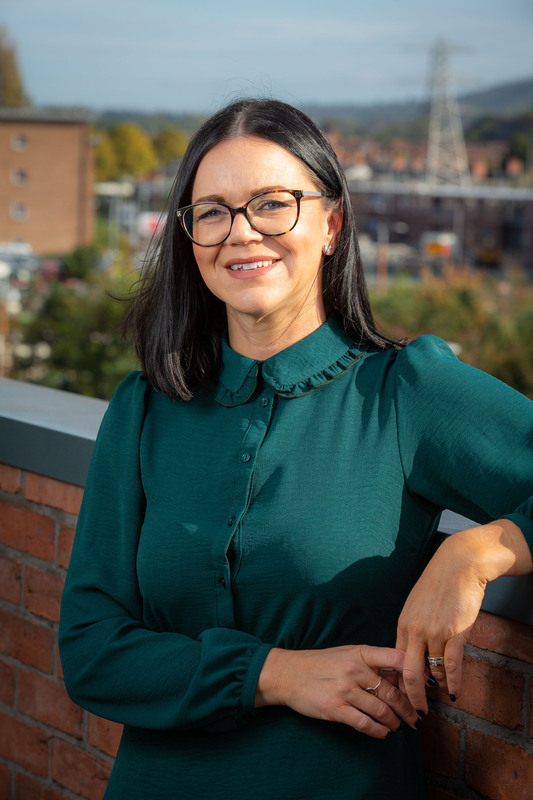
Michele Bryans is Chief Executive of EastSide Partnership, a charitable regeneration organisation which delivers a wide variety of social, economic, environmental and cultural projects with a clear mission to ‘make east Belfast a better place’.
Michele has overall responsibility for the management and strategic development of the organisation and its subsidiary companies committed to regeneration in east Belfast with flagship projects including Connswater Community Greenway, C.S. Lewis Square and EastSide Visitor Centre.
Unfortunately Michele Bryans from Eastside Partnership was unable to join us on the day.
Kevin Loftus is a founding director at ACT, a social enterprise of architects, designers and policy specialists that have been established to accelerate the green transition in Ireland. A native of Ballina, Kevin spent over a decade living and working internationally. After finishing his studies at the University of Edinburgh, he worked in China at Buro Ole Scheeren and in the Netherlands at MVRDV. Through this work he has contributed to designs from large-scale high-rise buildings and city plans to homes and urban interventions at a smaller scale. Prior to establishing ACT, Kevin organised and co-led volunteer design and build projects in both Borneo and Palestine. Through his current practice, Kevin works with communities and organizations to develop design proposals for sustainable futures. With a strong passion for all things green and social, he pushes the core ideas of sustainable development in his work.
LinkedIn: https://www.linkedin.com/in/kevin-loftus-1095074a/
Website:https://www.act-studio.com/
Róisín Byrne MILI, is the Founding Principal of Róisín Byrne Nature-based Landscape Architecture (Est. 2016). She is passionate about designing beautiful places for nature and people to connect. Working with nature-based principles of co-creation and striving for a net gain for nature is central to her approach.
Course coordinator for Ireland's first ILI-accredited CPD for NbS (2023) in collaboration with CNEP.
Nature-Based Landscape Architect for the Ripple Project in Ballina funded by Creative Ireland Climate Action Fund. Winner of #NewEuropeanBauhaus Prizes 2023 in its category Reconnecting with Nature.
Founding Signatory Irish Landscape Architects Declare
Irish Landscape Institute Winner - Institutional Landscape Award 2022 for The Sanctuary Garden
https://www.roisinbyrnelandscapearchitect.ie
LinkedIn https://www.linkedin.com/in/byrneroisin/
Pat Roberts is Principal Ecologist at MKO with over 18 years’ experience. Pat’s key strengths include his depth of knowledge and experience of the interactions between development and ecological receptors. He has extensive experience in Ecological Impact Assessment and mitigation design. He is currently actively engaged in developing a Nature Positive strategy at MKO and is undertaking Biodiversity Net Gain assessments for numerous projects. He is responsible for ensuring that the outputs from the ecological team within MKO are of a very high standard and meet the requirements of clients and authorities alike.
Stuart Connop is Associate Professor in Sustainability, specialising in invertebrate conservation and ecomimicry in the design of nature-based solutions to support multifunctionality in design and performance. Having completed a PhD investigating the habitat requirements of UK Biodiversity Action Plan bumblebee species, Stuart has an active involvement in invertebrate ecology including habitat assessment, design, monitoring and management. He has a broad range of interests associated with the sustainable management of our urban and rural landscapes. This includes research and consultancy on green and blue infrastructure, including nature-based solutions. Research has focused on innovative design, delivery and legacy of ground-level and roof level greenspace.
LinkedIn: linkedin.com/in/stuart-connop-4b980360
On Twitter go to: @S_Connop
John Little argues against long standing protocol within public space and horticulture.
He suggests structural complexity is overlooked in landscape design and is more important than plant choice for driving biodiversity. Since starting the Grass Roof Company in 1998 he has designed and built over 300 small green-roof buildings, combining deep biodiverse green-roofs with walls of breeding and hibernation space.
He argues that we must invest in gardeners rather than more infrastructure. After 18 years caring for the greenspace on Clapton Park estate, London he has written a sustainable grounds maintenance contract that does just that.
He questions our obsession with specifying topsoil in all new projects, especially on highways and new developments. Habitat trials at his home include a garden designed with spoil from the local road widening scheme, industrial and construction waste.
In 2008 he launched a range of small green roof shelters based on shipping containers and designed portable structures including bike and bin storage. greenroofshelters.co.uk
John can be contacted on Instagram @grassroofco or website grassroofcompany.co.uk
Nicola Matthews joined the Built Heritage Policy of the Dept. Culture, Heritage and the Gaeltacht (now Department of Housing, Local Government & Heritage), as a Senior Architect in 2017. The Senior Architect role is diverse and busy and includes the development of a range of progressive national policies for cultural heritage including, the National Heritage Plan 2030, the National Policy on Architecture including representation on the EU OMC working group which developed the first EU architectural policy - Towards a shared culture of Architecture. Working at a European level has been an invaluable experience informing the consultation and writing of national policy, ensuring alignment with EU funding programmes and initiatives and providing a professional network of practitioners and policy makers. Nicola is the National Contact Point for the New European Bauhaus, a new initiative of the Commission which will require extensive networking and collaboration with strategic partners at all levels of governance. This includes attendance at member state meetings and workshops to innovate on the design of research strategies and funding for the NEB. Regular reporting on progress on the NEB in Ireland as part of the implementation of the National Policy on Architecture and membership of the HORIZON funding network is also part of the National Contact Point role.
Nicola has a strategic Planning & Development role and is the Department representative to the SEA Forum hosted by the Environmental Protection Agency, at which Nicola contributes on cultural heritage matters in respect of the development of planning policy such as Historic Landscape Assessment, Town Centre First, to specialist guidance regarding environmental impact that may arise from strategic development & national infrastructural projects such as flood relief CFRAM programme, Irish Water, Energy, Transportation and Port Infrastructure etc. Nicola has a national planning role in terms of providing advice on cultural heritage matters, including the provision of coherent expert advice across the Department on built heritage matters and building professional relationships with the Office of the Planning Regulator, An Bord Pleanala with Regional Assemblies and Local Authorities with regard to the role of cultural heritage in urban regeneration.

